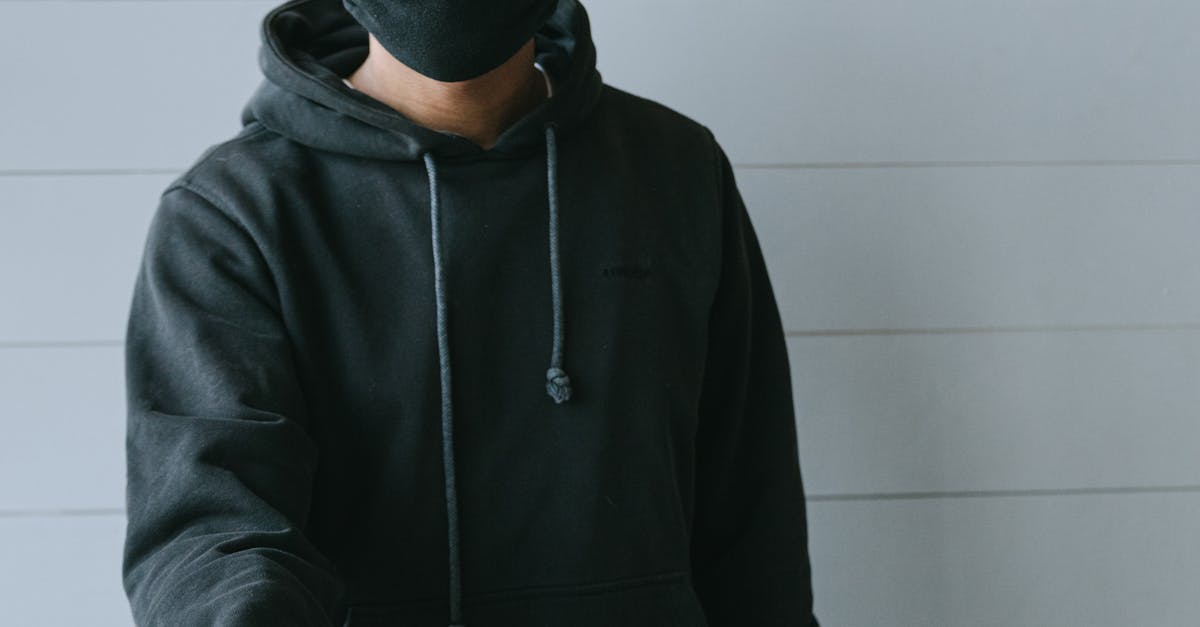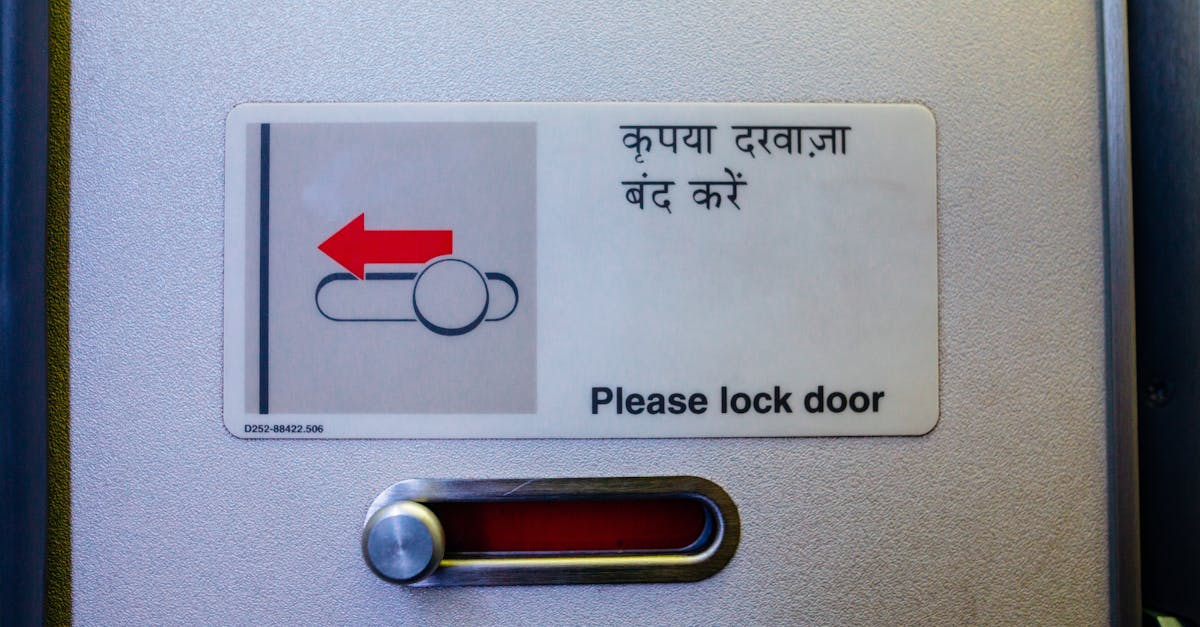When considering the best ways to safeguard your cash and valuables, the safety deposit box often comes to mind. Many people wonder whether they can store cash in these secure facilities. Understanding the rules and limitations surrounding this topic is crucial for anyone contemplating using a safety deposit box for cash storage. This article will explore everything you need to know about storing cash in a safety deposit box, including the pros and cons, legal considerations, and alternatives.
| Aspect | Details |
|---|---|
| Legal Restrictions | Generally allowed, but check with your bank. |
| Insurance Coverage | Typically not insured by the bank. |
| Access Frequency | Limited access depending on bank policies. |
| Privacy Concerns | Minimal privacy; bank has access records. |
| Emergency Situations | Access may be restricted during emergencies. |
| Storage Fees | Annual fees vary by bank and location. |
| Alternatives | Consider home safes or online banking. |
Legal Restrictions
While you can generally store cash in a safety deposit box, it’s essential to check with your specific bank for their policies. Some banks may have restrictions on the types of items that can be stored, particularly if they are concerned about illegal activities or money laundering. Always clarify these rules before placing cash in a safety deposit box to avoid any potential legal issues.

Insurance Coverage
One significant drawback of storing cash in a safety deposit box is that it is typically not insured by the bank. This means that if the box is lost, damaged, or if the bank itself were to face a disaster, your cash would not be recoverable. It’s crucial to consider whether the risk of loss is worth the benefits of using a safety deposit box for cash storage. You may want to explore private insurance options for additional peace of mind.

Access Frequency
Access to safety deposit boxes is often limited to the bank’s operating hours. This can be a disadvantage if you need quick access to your cash, especially in emergencies or after hours. Before deciding to store cash in a safety deposit box, consider how often you might need to access it and whether the bank’s hours align with your needs.

Privacy Concerns
While safety deposit boxes are designed to offer privacy, it’s important to note that banks maintain records of who accesses the boxes. This means that while your cash is secure, it is not entirely private. If privacy is a primary concern for you, consider how comfortable you are with the bank having access records of your box and its contents.

Emergency Situations
In emergencies, access to safety deposit boxes may be restricted. For example, during natural disasters or bank closures, you might find yourself unable to retrieve your cash. This unpredictability can pose significant risks if you rely solely on a safety deposit box for cash storage. It’s wise to have a backup plan for accessing your funds in such situations.

Storage Fees
Most banks charge an annual fee for renting a safety deposit box, and these fees can vary widely based on the bank and your location. It’s essential to factor these costs into your decision-making process when considering whether to store cash in a safety deposit box. The fees could add up, especially if you only plan to use the box occasionally.

Alternatives
If the drawbacks of using a safety deposit box for cash storage concern you, there are alternatives worth considering. Home safes offer a more accessible option for storing cash and valuables while providing privacy and security. Additionally, modern online banking solutions allow you to manage your funds securely and conveniently without the need for physical cash storage.

FAQ
Can I store any amount of cash in a safety deposit box?
Generally, there is no limit on the amount of cash you can store in a safety deposit box, but you should check with your bank for any specific regulations or guidelines they may have in place.
Is it safe to store cash in a safety deposit box?
While safety deposit boxes offer a high level of security against theft and unauthorized access, they are not insured by the bank. Consider the risks before storing large sums of cash.
What happens to my cash if the bank goes out of business?
If a bank goes out of business, your safety deposit box may be sealed, and accessing it could be complicated. It’s essential to stay informed about your bank’s financial health and consider diversifying your storage methods.
Can the bank access my safety deposit box without my permission?
Banks typically cannot access your safety deposit box without your permission unless there are legal reasons, such as a court order. However, they do maintain access logs for security purposes.
What should I do if I need cash in an emergency?
If you anticipate needing cash in an emergency, consider keeping a small amount at home or using a combination of online banking and a safety deposit box for your funds to ensure accessibility when needed.
References:
– [Consumer Financial Protection Bureau](https://www.consumerfinance.gov)
– [Federal Deposit Insurance Corporation](https://www.fdic.gov)

